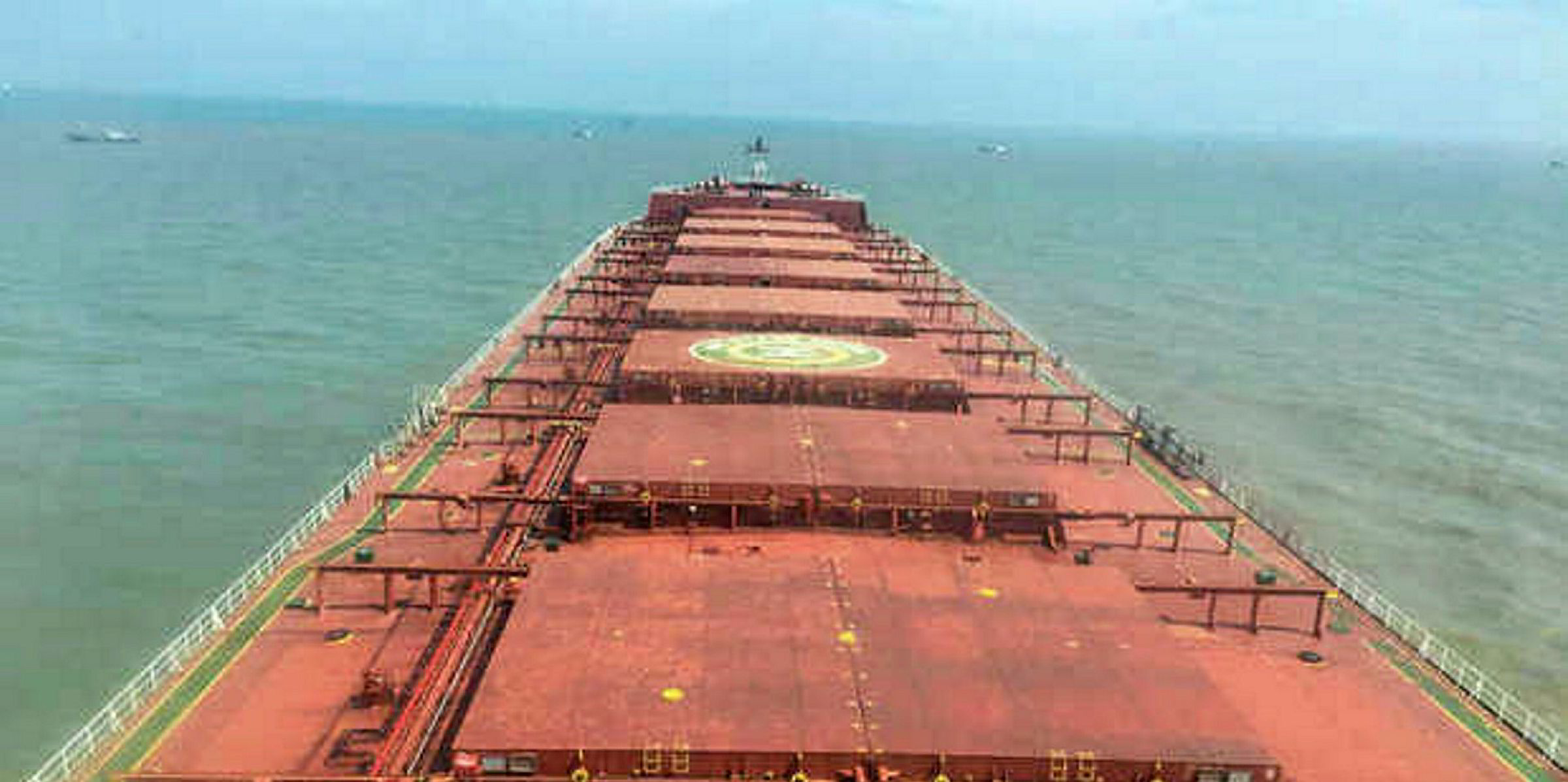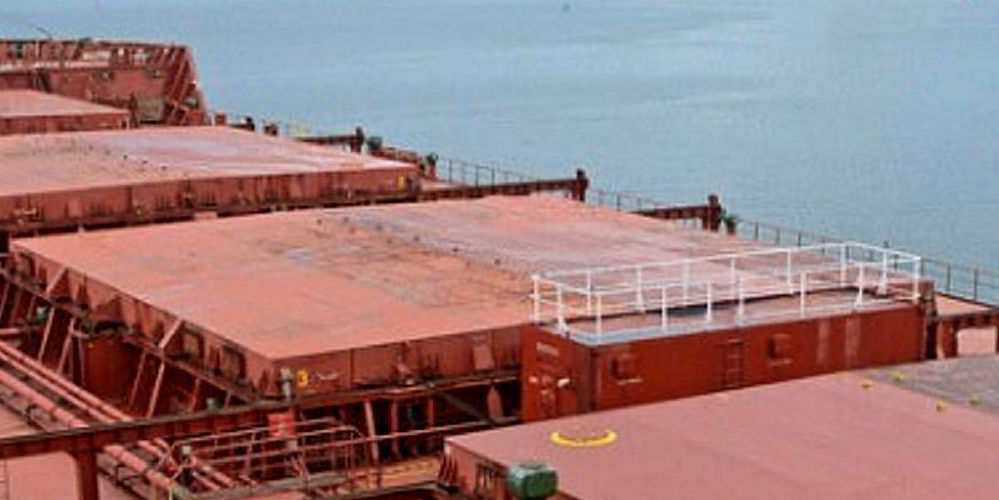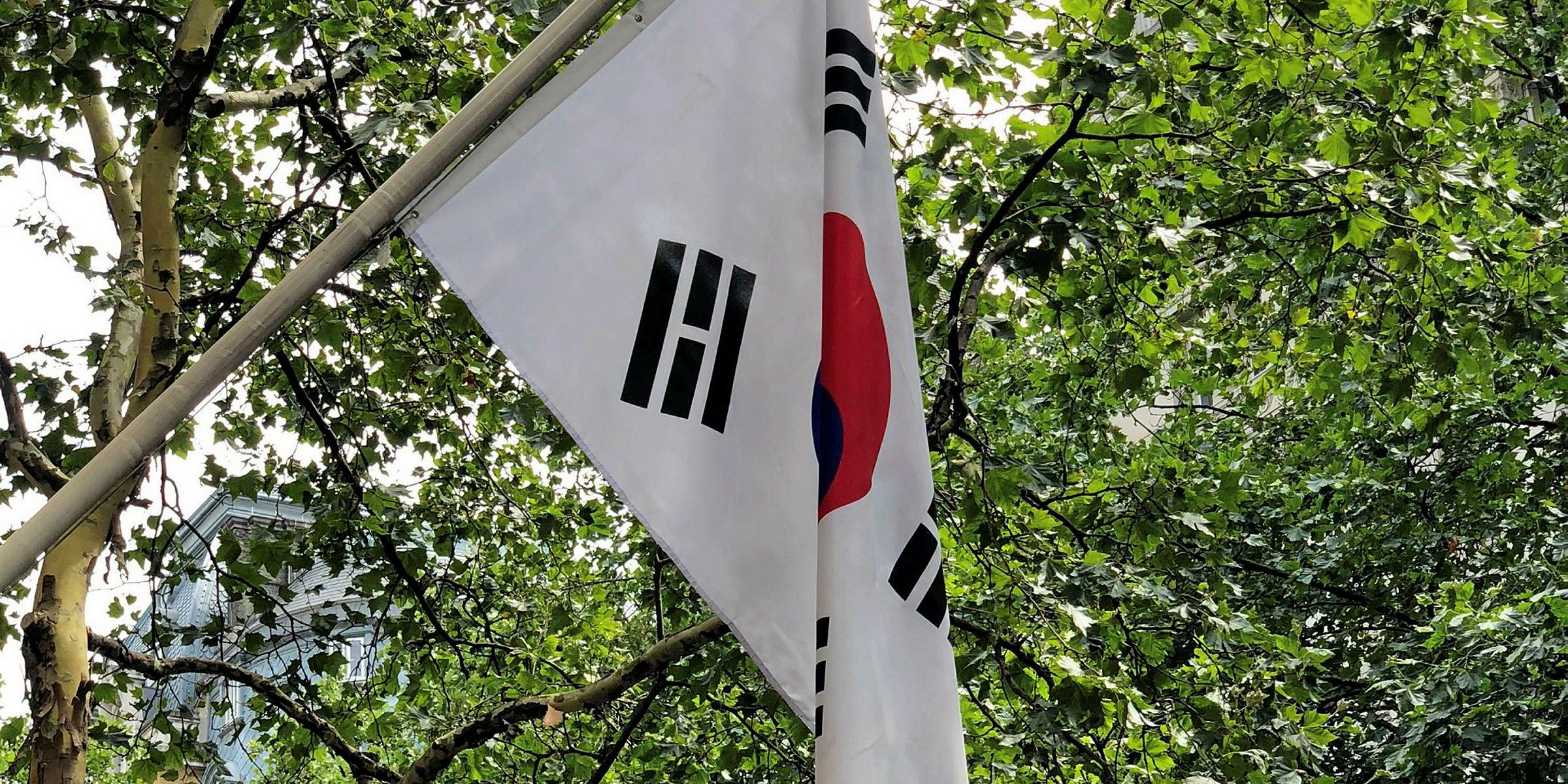Depressed market sentiment and the Lunar New Year holiday are stalling the sale of a Japan-built capesize bulker that has been on the market since early January, brokers say.
The 180,230-dwt Nord Steel (built 2007) entered the market on 2 January, but crashing spot rates have so far kept a lid on buyer interest, sale and purchase specialists say.
The Singapore-based seller, Singa Star, is said to be hoping for a price of over $22m but has not yet received any offers over $20m, brokers told TradeWinds on Monday.
Brokers said the lack of buyer interest was due to falling confidence in the market, caused by tumbling capesize freight rates.
The Lunar New Year holiday in Asia has also put a stop on market activity that will continue until people return to work in mid-February.
VesselsValue estimates Nord Steel’s market value at $21.67m, while MSI estimates a range of up to $22.8m.
One broker said he expected the cape to achieve a price “in the high teens”.
Pre-purchase inspections were conducted at the Chinese ports of Yancheng and Rizhao between 10 and 20 January.
Capes in limbo
Two other Japan-built capesizes are currently being offered for sale and are encountering much the same problems as Nord Steel, brokers say.
Miyazaki Sangyo’s 176,900-dwt Lowlands Erica (built 2007) has been in and out of the S&P market for around 18 months or so, as TradeWinds has reported.
The vessel has undergone pre-purchase inspections but has not received any satisfactory bids.
Similarly, Sanko Steamship has had little joy in selling its 177,500-dwt cape Euro Fortune (built 2005), which has been on the market for around four months.
Spot market
The Baltic’s weighted timecharter rate for its five major capesize routes (BCI 5TC) has fallen 44% over the past two weeks and is at the lowest level seen since 21 November, 2018.
The BCI 5TC was assessed on Monday at $8,748 per day, down 1.5% since Friday.
Rates on routes from Brazil have generally been hardest hit since the tragic collapse of a dam at Vale’s Feijao mine in Brazil on 25 January, due to uncertainty surrounding how iron-ore supply chains and production would be affected.
That being said, falling rates on ex-Brazil benchmark routes seem to have plateaued and, in the case of the Tubarao to Qingdao route (C3), even saw a slight boost in Monday’s Baltic assessments.
The C3 route was today assessed at $13.835 per ton, an increase of $0.017 since Friday.
Rates on the Tubarao to Rotterdam (C2) route were assessed on Monday at $6.383 per tonne, just $0.028 lower than Friday’s assessment.
The same cannot be said, however, for spot rates on the Baltic’s China-Japan transpacific round-voyage benchmark (C10_14), which have fallen below the breakeven $5,000-per-day level.
Rates on the Pacific route were today assessed at $4,964 daily, which is half of the level seen two weeks ago.
“Vessels have been reluctant to ballast empty to the Atlantic and vessel overcapacity has built up in the Pacific as a result,” Clarksons Platou Securities explained in a note Monday morning.







